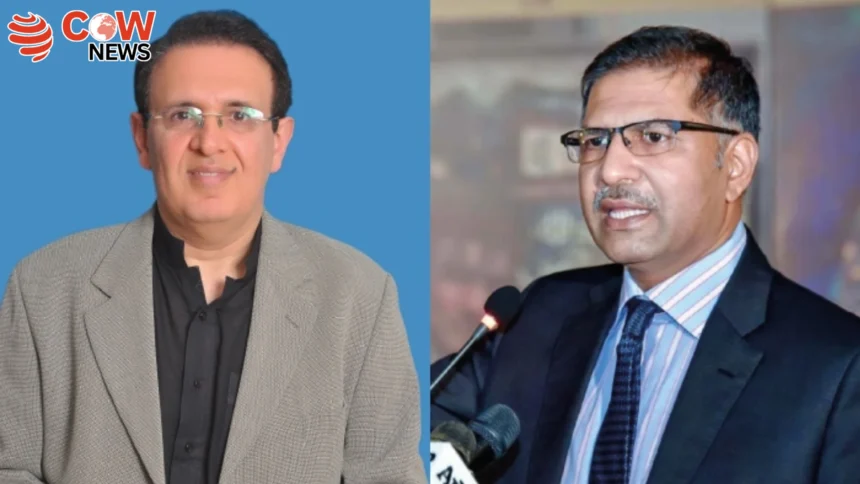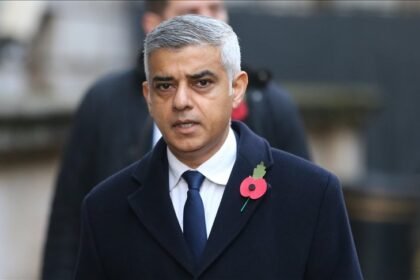ISLAMABAD(The COW News Digital) Pakistan’s opposition parties have accused the Senate Chairman and the government of supporting floor crossing, intensifying political tensions in the upper house. The controversy emerged after Senator Saifullah Abro announced his resignation on the Senate floor, allegedly defying party directives.
PTI Senator Ali Zafar condemned the government and its allies, stating that their stance clearly demonstrates alignment with “turncoat politics and corruption.” Zafar emphasized that Article 63-A of the Constitution applies to any lawmaker who votes against party instructions, highlighting the legal framework intended to curb defections in parliament.
Another PTI lawmaker, Senator Humayun Mehmood, described the Senate Chairman’s perceived support for floor crossing as “unacceptable,” stressing that it undermines the democratic process and party discipline. Both senators voiced concerns that such incidents could encourage further political opportunism and erode public trust in parliamentary institutions.
Meanwhile, JUI-F leader Kamran Murtaza criticized the Pakistan Muslim League-Nawaz (PML-N), claiming that the party had also engaged in manipulative tactics affecting his party members. Murtaza sent a pointed message to the PML-N, stating that their actions were “unacceptable” and indicative of broader political maneuvering in Islamabad.
Responding to the allegations, Senate Chairman Yusuf Raza Gilani categorically rejected claims that he had supported floor crossing. Gilani clarified that Senator Saifullah Abro has not formally submitted his resignation to him and remains a member of the Senate. The Chairman’s statement sought to reaffirm procedural correctness and dismiss political claims as speculative.
Political analysts suggest that the dispute reflects deeper fissures within the ruling coalition and opposition benches, where loyalty, party discipline, and constitutional provisions often come into sharp focus during contentious votes. The invocation of Article 63-A signals the judiciary and parliamentary institutions’ role in regulating party defections, which has historically been a flashpoint in Pakistani politics.
The Senate floor-crossing controversy comes at a time of heightened scrutiny over governance, legislative ethics, and coalition dynamics. Analysts note that how the government and opposition respond to this incident could influence public perception ahead of upcoming elections, as parties strive to project unity and uphold procedural integrity.
While the immediate matter involves a single senator’s conduct, the broader debate touches on constitutional accountability, party discipline, and the mechanisms available to prevent opportunistic political behavior. Lawmakers and observers continue to monitor the situation closely, with potential legal and parliamentary proceedings expected to follow.








